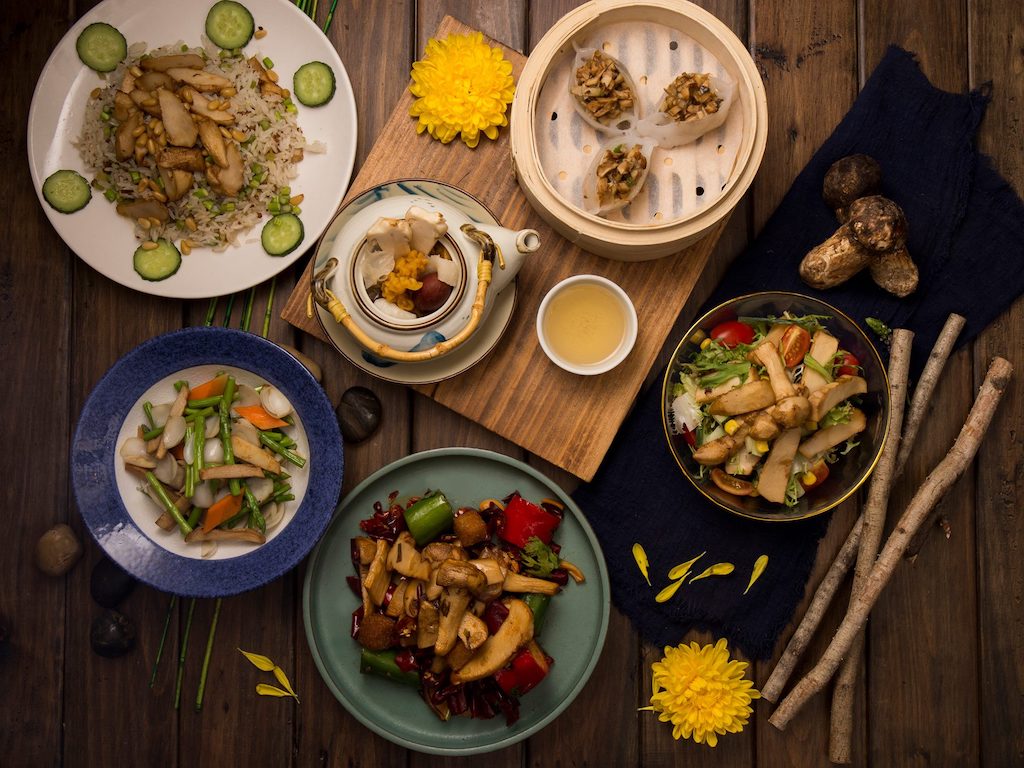4 Mins Read
A new Hong Kong-based survey conducted by Green Queen last year shows that more than 4 in 10 consumers in the city who are shifting towards vegan, vegetarian and flexitarian dietary habits are doing so for reasons related to animal rights and ethics. Other factors contributing to dietary change away from meat and dairy include environmental concerns, followed by reasons related to health and nutrition.
The top reason for Hong Kong residents to make plant-centric changes to their diets, whether it be going vegan, vegetarian or flexitarian, is animal rights and ethics, with 44% of respondents in a new survey citing it as their primary reason. Sustainability-related concerns were the second most important factor, with nearly a quarter (24%) saying they are making dietary changes for the environment, closely followed by health and nutrition (23%).
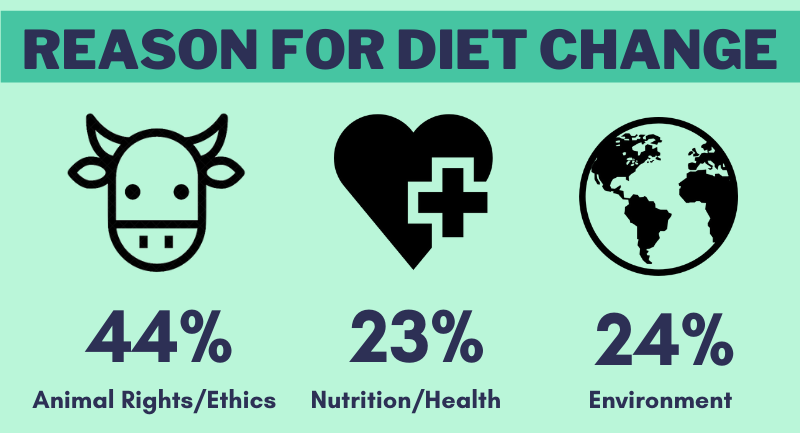
The data comes from a recent poll conducted by Green Queen Media in an online voluntary questionnaire involving more than 200 participants aged between 21 to 50 years old in Hong Kong who were asked about their dietary lifestyles and experience of making changes towards plant-based eating in the city. Of those surveyed, 54% considered themselves to be vegan, 18% were vegetarian and 26% were flexitarians.
Other findings showed that almost 4 out of 10 (38%) of respondents are finding the availability of vegan foods in Hong Kong as the key barrier to going fully plant-based, followed by the fear of social isolation (13%) and cost or budget-related reasons (11%). By contrast, less than one in ten of participants cited animal food cravings or public judgement, suggesting that more important considerations like accessibility and price remain crucial to igniting mass shifts to plant-based diets – a finding substantiated by global consumer market research studies.
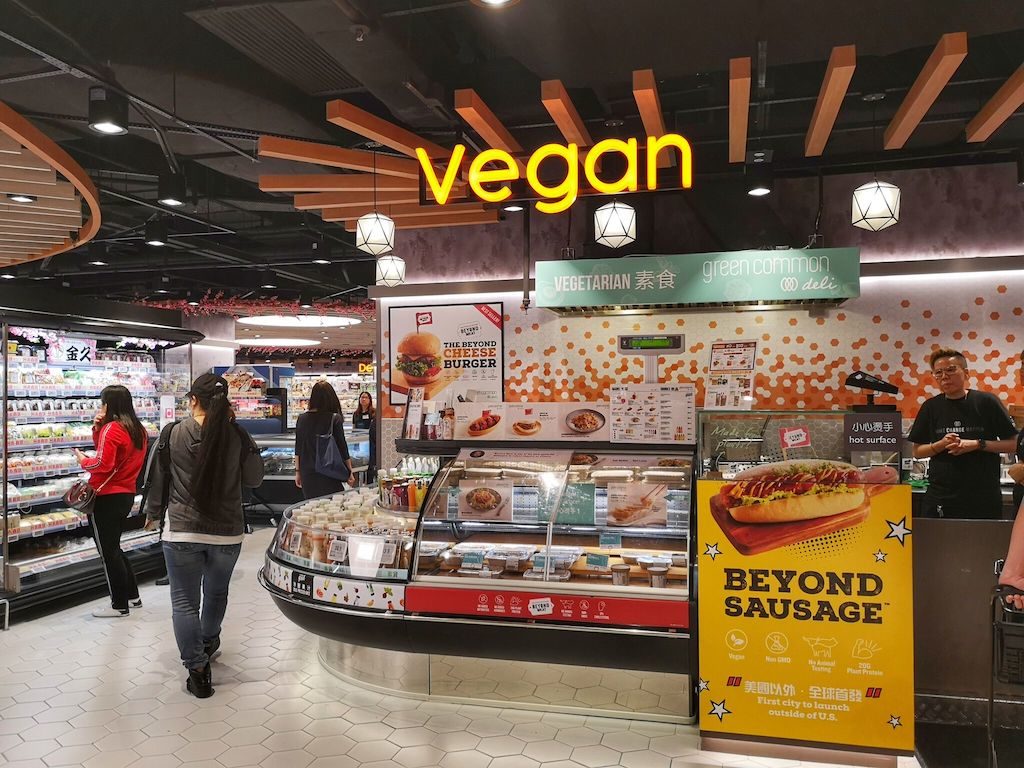
When asked about the difficulty of various aspects of a plant-based lifestyle in Hong Kong, nearly two-thirds (63%) did not agree that vegan grocery shopping was hard in the city, indicating that the availability of plant-based foods has steadily increased over time.
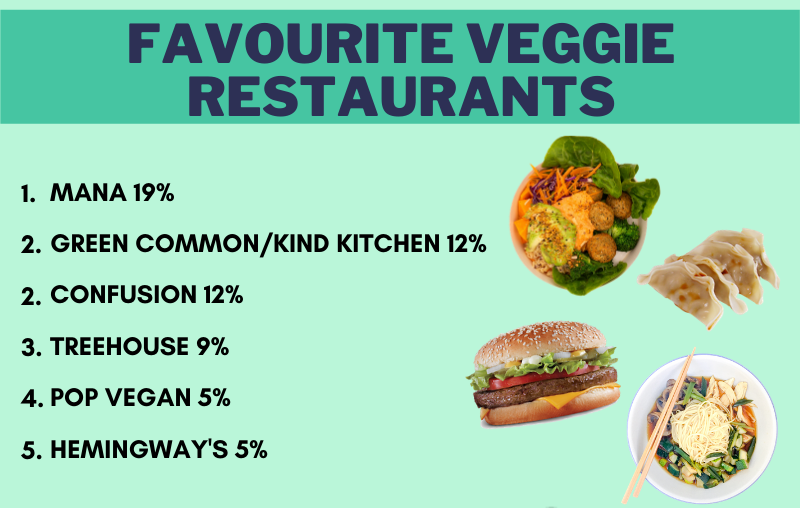
However, nearly half of those surveyed (58%) did state that they thought being 100% vegan was “expensive”, while over three-quarters (75%) would find it difficult to eat fully vegan at restaurants. Almost two-thirds (65%) said that there ought to be more exclusively vegan restaurants in Hong Kong, suggesting unfulfilled demand within the city’s food scene, in line with previous survey findings that showed almost a quarter of the city’s population are now actively looking to reduce their meat intake ever since the pandemic struck.
In this most recent Green Queen Media poll, the seven restaurants most frequently listed as favourites for plant-based bites in the city include the popular zaatar-filled flats chain MANA!; the all-vegan café and grocery concept Green Common; Sheung Wan’s Confusion Plant-Based Kitchen; “accidentally vegan” whole food restaurant Treehouse; Pop Vegan, the 100% plant-based restaurant in Soho; and Hemingway’s by the Bay on Discovery Bay island.
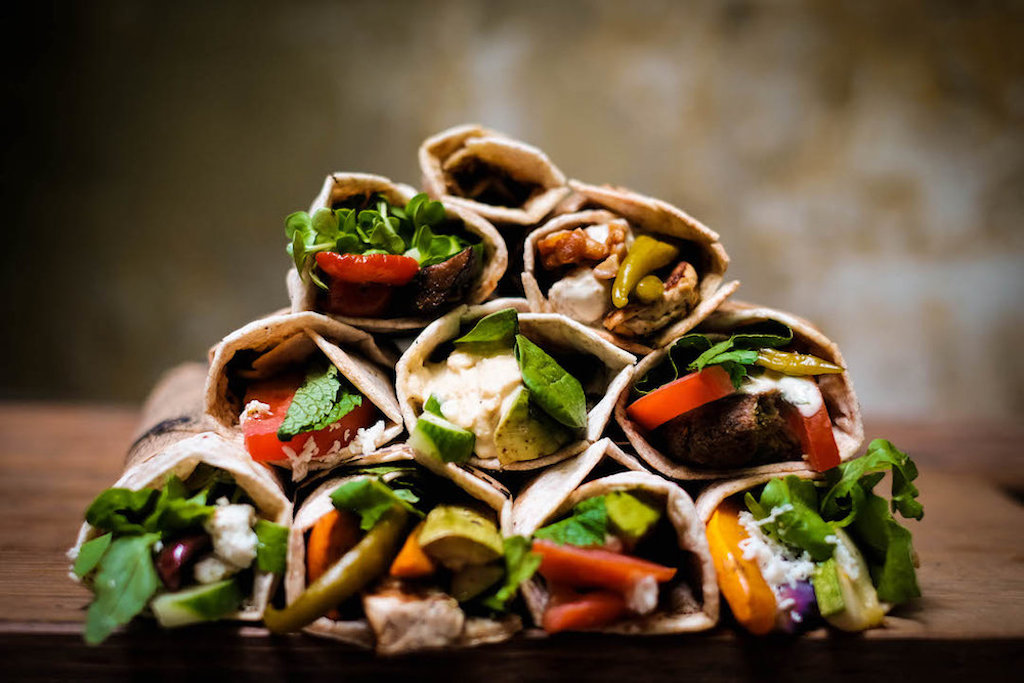
The majority of vegans, vegetarians and flexitarians – nearly 7 in 10 – who participated in the survey said that they regularly eat plant-based alternative meat products, with the top brands cited as their favourite being vegan beef burger maker Beyond Meat (27%), followed by Hong Kong’s own vegan pork mince brand OmniPork (24%) and Impossible Foods (19%), the heme-filled “bleeding” patties.

In terms of dairy alternatives, the top brands were oat milk giant Oatly (32%), with running-up candidates being cheese and yoghurt makers Daiya (9%) and legacy dairy-free brand Alpro (6%). However, respondents indicated a lack of variety when it comes to alternative dairy products in Hong Kong, with vegan cheese being named the number one “hardest vegan item to find”.
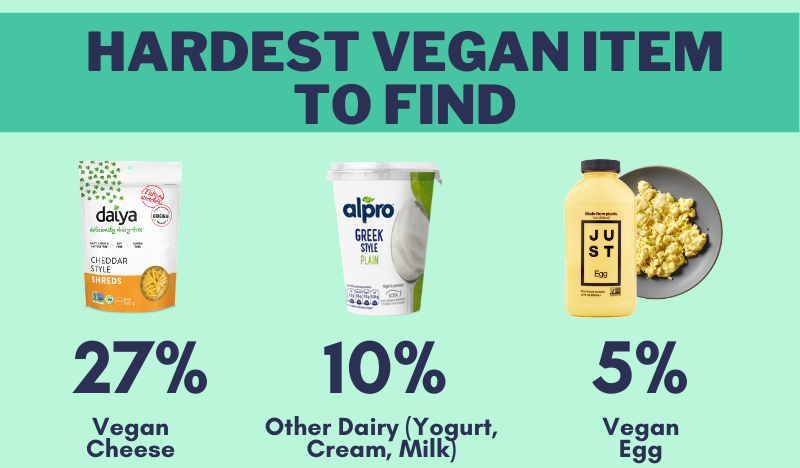
But this could soon change, as the demand for plant-based dairy alternatives – cheese in particular – continues to grow exponentially. Recent research notes that now, there are more players vying to nab a slice of the vegan cheese wheel than ever before, with “investments by major players” like Danone, Nestlé and Unilever set to “influence the whole value chain of the vegan cheese industry” in the coming months.
Lead image courtesy of Pure Veggie House.

